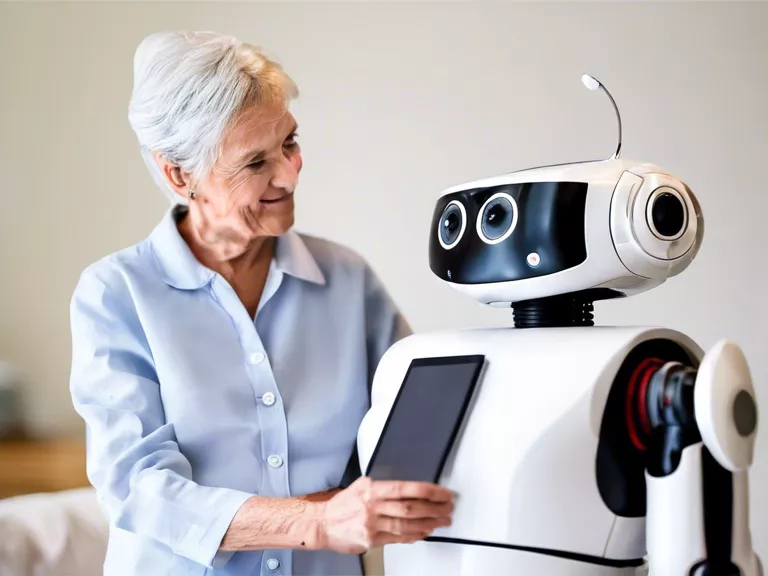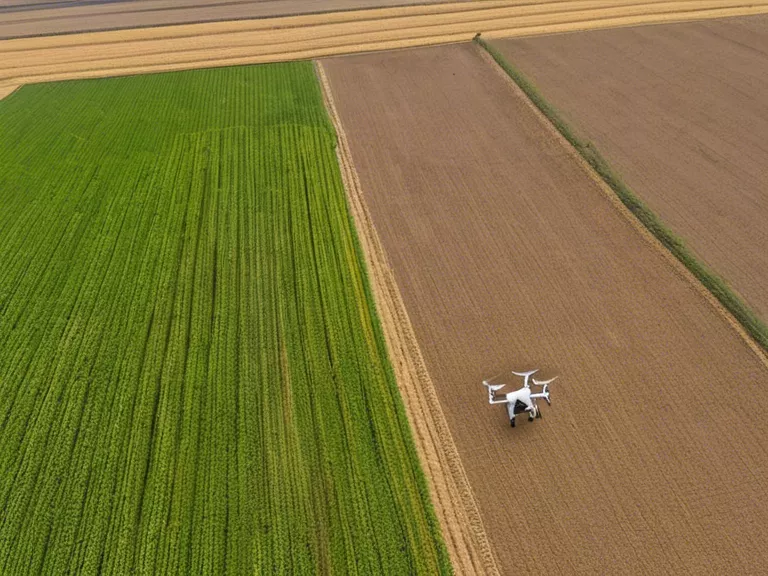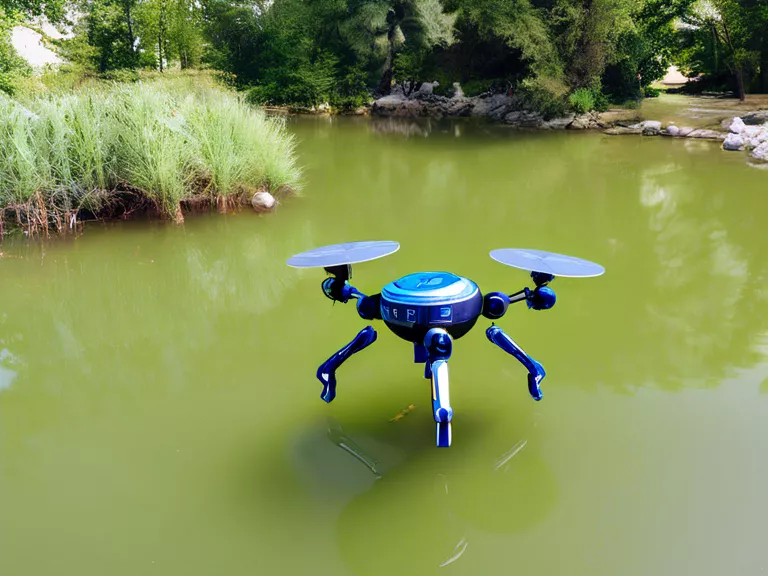
Robotics technology is revolutionizing the field of elderly care, providing solutions ranging from companionship to practical assistance. The impact of robotics on elderly care is profound, offering opportunities to enhance the quality of life for seniors and alleviate the burden on caregivers. This article explores the various ways in which robotics is transforming the care of elderly individuals.
Companionship is a key aspect of elderly care that can be greatly enhanced by robotics. Socially assistive robots are designed to interact with seniors, providing companionship, entertainment, and cognitive stimulation. These robots can engage in conversations, play games, and even remind seniors to take medication or attend appointments. By offering companionship, robots can help combat feelings of loneliness and isolation that are common among the elderly.
In addition to companionship, robotics technology can also provide practical assistance to seniors. Assistive robots can help with daily tasks such as cooking, cleaning, and medication management. These robots are equipped with sensors and cameras that allow them to navigate the home, identify objects, and assist with various activities. For seniors who have limited mobility or other physical challenges, assistive robots can offer valuable support and enable them to maintain their independence.
Furthermore, robotics technology can improve the safety and security of elderly individuals. Monitoring robots can alert caregivers or emergency services in case of falls, accidents, or other emergencies. These robots can also track vital signs, medication adherence, and other health indicators to ensure that seniors are receiving the care they need. By providing continuous monitoring and assistance, robots can help prevent accidents and health complications, allowing seniors to age in place comfortably and safely.
In conclusion, the impact of robotics on elderly care is multifaceted and far-reaching. From providing companionship to offering practical assistance and improving safety, robots are transforming the way we care for our aging population. As robotics technology continues to advance, the possibilities for enhancing elderly care are virtually limitless.



